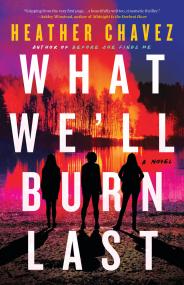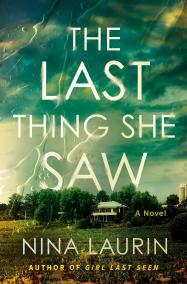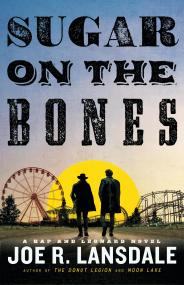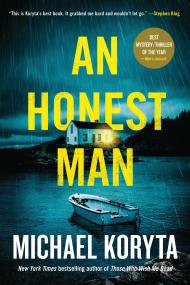Pretty Dead Queens
Formats and Prices
Format
Format:
HardcoverThis item is a preorder. Your payment method will be charged immediately, and the product is expected to ship on or around October 4, 2022. This date is subject to change due to shipping delays beyond our control.
Also available from:
“Utterly savage.” -Jessica Goodman, New York Timesbestselling author of They’ll Never Catch Us
“Hand this fast-paced thriller filled with plenty of twists and drama to fans of Holly Jackson or Karen M. McManus.” -SLJ
After the death of her mom (screw cancer), seventeen-year-old Cecelia Ellis goes to live with her estranged grandmother, a celebrated author whose Victorian mansion is as creepy as the murder mysteries she writes. On the surface, life is utterly ordinary in the California coastal town . . . until the homecoming queen is murdered. And she’s not Seaview’s first pretty dead queen.
With a copycat killer on the loose, Cecelia throws herself into the investigation, determined to crack the case like the heroines in her grandmother’s books. But the more Cecelia digs into the town’s secrets, the more she worries that her own mystery might not have a storybook ending.
- On Sale
- Oct 4, 2022
- Page Count
- 336 pages
- Publisher
- Crown Books For Young Readers
- ISBN-13
- 9780593479827
By clicking 'Sign Up,' I acknowledge that I have read and agree to Hachette Book Group’s Privacy Policy and Terms of Use




